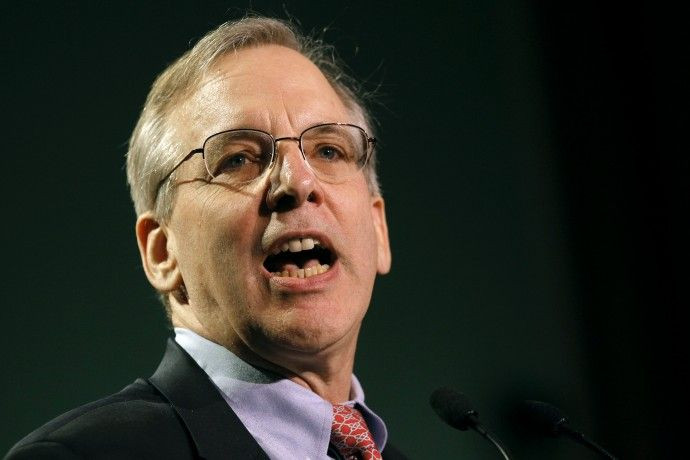Don’t blame bubbles on the Fed: Dudley

New York Fed President William Dudley, in a CNBC interview, said loose monetary policy from the Federal Reserve was not the chief cause of the subprime mortgage crisis.
CNBC interviewer Steve Liesman said it has become conventional wisdom that the Fed kept interest rates too low for too long in the 2000s, and that helped create the U.S. housing bubble.
In response, Dudley said the primary objective of monetary policy is not the management of bubbles, but promoting consumer price stability and maximum employment.
He said the role of loose monetary policy maybe at the margin...contributed to the size of the bubble, but was very much second order, and the housing bubble would have developed regardless of the trajectory that the Fed had filed.
Dudley said the real culprits were lax underwriting standards for mortgages, the shadow banking system, and the myriad of new structured products from Wall Street.
Michael Cosgrove, principal of economic consulting firm the Econoclast, assigns about a quarter of the blame on the Federal Reserve. He agreed with Dudley that loose monetary policy was not the main culprit; however, he does blame the Fed for the lack of regulatory oversight on subprime mortgage loans.
In the Fed's defense, Dudley said a lot of mistakes were made by lots of different parties, it wasn't clear [whose] responsibility it was, and that mortgage bankers are regulated by individual states, not the Fed.
However, the Fed was responsible for regulating big banks like Citibank, JPMorgan Chase, and Wells Fargo, said Cosgrove.
Moreover, some people flatly reject Dudley's claim that monetary policy was not a big factor in causing the U.S. housing bubble.
Doug French, an Austrian economist and the president of the Ludwig von Mises Institute, puts the blame squarely on the Fed for keeping interest rates too low for too long.
French said the Fed took interest rates down to 1 percent in 2003, causing money to rush into the housing market, and eventually raised interest rates to 5.25 percent in 2006, which roughly coincided with the peak and crash of the housing market.
I don't know how Mr. Dudley doesn't connect those dots, but the Austrians certainly would, said French.
Wall Street's practice of securitization contributed to the bubble, but it was the low interest rates that enticed millions into property speculation, said French.
Email Hao Li in at hao.li@ibtimes.com
© Copyright IBTimes 2025. All rights reserved.





















